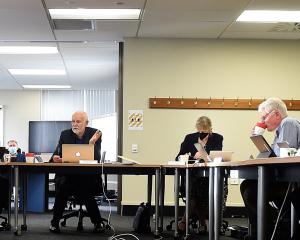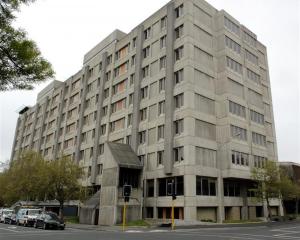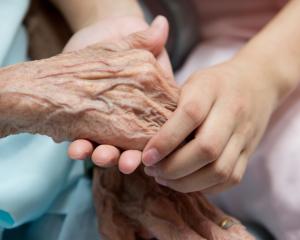Strategies are in place to avoid the situation faced by last year's nursing graduates, 30% of whom were unemployed at one stage.
New Zealand Nurses Organisation associate professional services manager Hilary Graham-Smith said that proportion was now about 15%.
In addition, 10% of the 1232 graduates decided not to seek nursing work, or had headed overseas.
''Certainly it's been a fairly sharp reminder. Those early figures - 30% - were quite worrying and we desperately want to keep our graduates in New Zealand.
''I think the stops have really been pulled out in terms of strategy to make sure that we do retain that workforce.''
District health boards were moving to a flexible funding model with the support of the Ministry of Health to enable them to take on more graduates, she said.
Nurses needed to be encouraged into areas like aged care by improving collegial support.
''We need to make [aged care] an exciting and interesting career destination for new grads,'' she said.
Mrs Graham-Smith said the reasons for the shortfall were not simple, but older nurses were staying in jobs and seeking additional hours, partly because of the recession.
Keeping older nurses was helpful for retaining wisdom and experience, but the younger workforce needed to be built. With 41% of nurses aged over 50, many would retire within a few years.
A Ministry of Health analysis of the 2012 graduates showed that aged-care work was the first choice of a mere 4% of that year's graduates.
With 50 positions for graduates, Southern District Health Board's ratio of graduates as a proportion of its nursing workforce was slightly lower than the national average.











